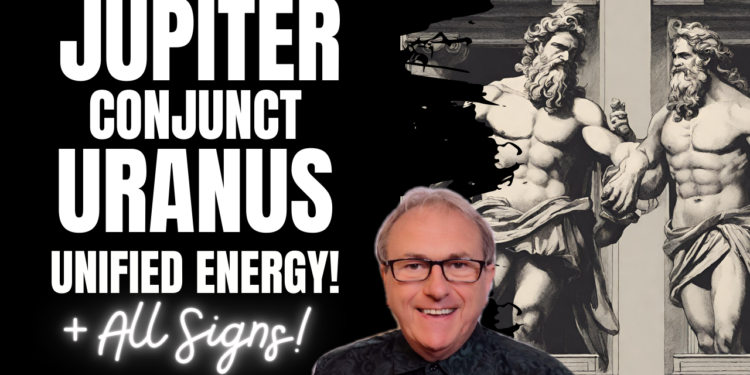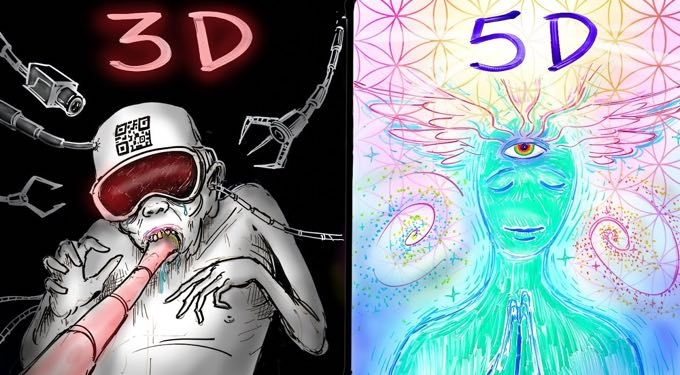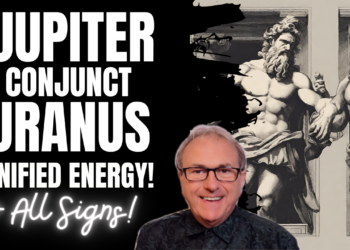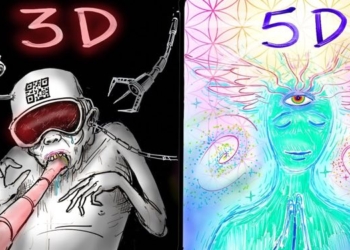If You Want a Better World, Become a Quantum Activist
December 26, 2019
The Freedom Checklist – What Every Human Being Needs to Know
December 5, 2021
Paralyzed Woman's Bond With Horse Transforms Her Life
April 15, 2024
Jupiter Conjunct Uranus – Deep Dive Video inc All Signs…
April 15, 2024
Mercury Cazimi Aries 11th April – Heads Up Video
April 10, 2024
Clash of the Malefics Deep Dive Video inc All Signs…
April 9, 2024


















![A Higher Energy Is Trying To Do Something – Kyle Cease [Video]](https://consciouslifenews.com/wp-content/uploads/2024/04/kyle-cease-its-not-working-350x250.jpg)







![WARNING: A Possible Bioterrorism Attack on People Viewing the April 8 Eclipse in the US [Video]](https://consciouslifenews.com/wp-content/uploads/2024/04/biological-attack-during-eclipse-350x250.jpg)




















![A Higher Energy Is Trying To Do Something – Kyle Cease [Video]](https://consciouslifenews.com/wp-content/uploads/2024/04/kyle-cease-its-not-working-120x86.jpg)



